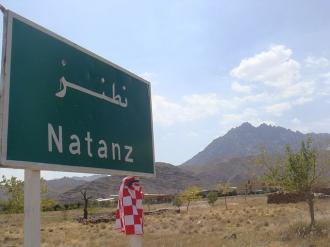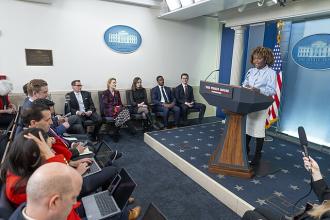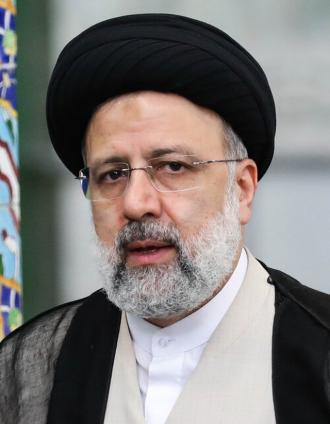The UN uses irrelevant keys to open the door to peace by condemning Israel and spewing lies, said the widower of a woman stabbed to death three months ago by a Palestinian terrorist at her home in Otniel, a West Bank settlement south of Hebron.
Natan Meir, husband of the late Dafna Meir – a 38-year-old nurse and mother-of-six (two of whom are foster children) – made this remark after attending an “open debate” on the Middle East at the United Nations Security Council on Monday. During that debate, Israeli Ambassador to the UN Danny Danon had entered into a shouting match with his Palestinian counterpart, Riyad Mansour, over the issue of terrorism and incitement to commit violence against Jews emanating from the Palestinian Authority. Danon had demanded that Mansour denounce both practices; Mansour refused to comply, instead accusing Israel of imprisoning Palestinian “children.”
Natan, on a trip to the United States with his 17-year-old daughter, Renena – who not only witnessed her mother being stabbed to death, but attempted to fight off the assailant – said, “It hurt me to hear the Palestinian representative talk about the Palestinian kids in Israeli prisons, when one of those was the teenager who murdered my wife.”
The trip was sponsored by the US-based “OneFamily-Overcoming Terror Together,” an organization that helps Israel’s victims of terrorism and bereaved families undergo their process of recovery and rebuild their lives.
Asked by The Algemeiner whether he has seen a difference in Israeli political attitudes towards the tragedy that befell his family as a result of their residing in a settlement, Natan said, “We have been embraced by people from across the spectrum.” This, he added, included members of Peace Now, the left-wing movement that fiercely opposes settlement construction and supports full Israeli withdrawal to the 1967 borders. “But not representatives of the Arab parties in the Knesset,” he said, “who didn’t even phone.”
Who did call — and call on – the family during the shiva, the week-long Jewish mourning period immediately following Dafna’s funeral were their Arab neighbors, with whom “I have always had good, peaceful relations,” he stressed.
Some of them had to visit in secret, Natan said, for fear of repercussions from more radical Palestinians. “I know it isn’t easy for them. They are very angry that the marginal elements in their society are dictating a situation they don’t want to live with. In a certain way, they are asking for our [Israel’s] help [against the fringe]. It is a wide fringe, to be sure; too wide. But it has to be remembered that it is fringe nevertheless.”
Natan explained his ability to serve as an informal envoy to the US, to help people outside of Israel do what OneFamily Executive Director Michelle Napell described as “putting a face to terrorism and its victims.” And he said that, in the meantime, it does not come from a sense of being on a mission. “I have been walking around with a very broken heart,” he said. “I don’t initiate political activities or speeches or anything. But I was raised and educated that when the state of Israel summons me, I come; I don’t ask too many questions.”
Natan added, “We’re not acting out of strength, but rather out of a lack of it; that is how we are living now. But, as someone told me one day, God is also the god of broken hearts. So that is the source of the strength.”
Dafna Meir was killed on January 17, 2016. Her Palestinian assailant entered her home, where her children were present, and began to stab her repeatedly. While bleeding to death, she – and her eldest daughter, Renana – tried to beat off the terrorist. By fighting to keep him from removing the knife at one point when it entered her body, she prevented him from murdering her children.
OneFamily’s stated purpose in bringing the Meirs to the UN to tell their story was “to help prevent more victims from joining their ranks and to help the emotional recovery of those already suffering.”
OneFamily Chairman Marc Belzberg stated, “The UN must recognize Israeli victims of terror the same way it recognizes the victims of terrorist attacks in Belgium and France. The failure to do so sets Jewish victims apart from other victims, stunts their recovery and encourages more terror. The UN can play a constructive role in their recovery if it shows the same level of outrage and empathy that it shows to all other victims of terror across the world. But instead, it condemns terror everywhere except in Israel, where it expresses understanding for the terrorists, not the victims.”















